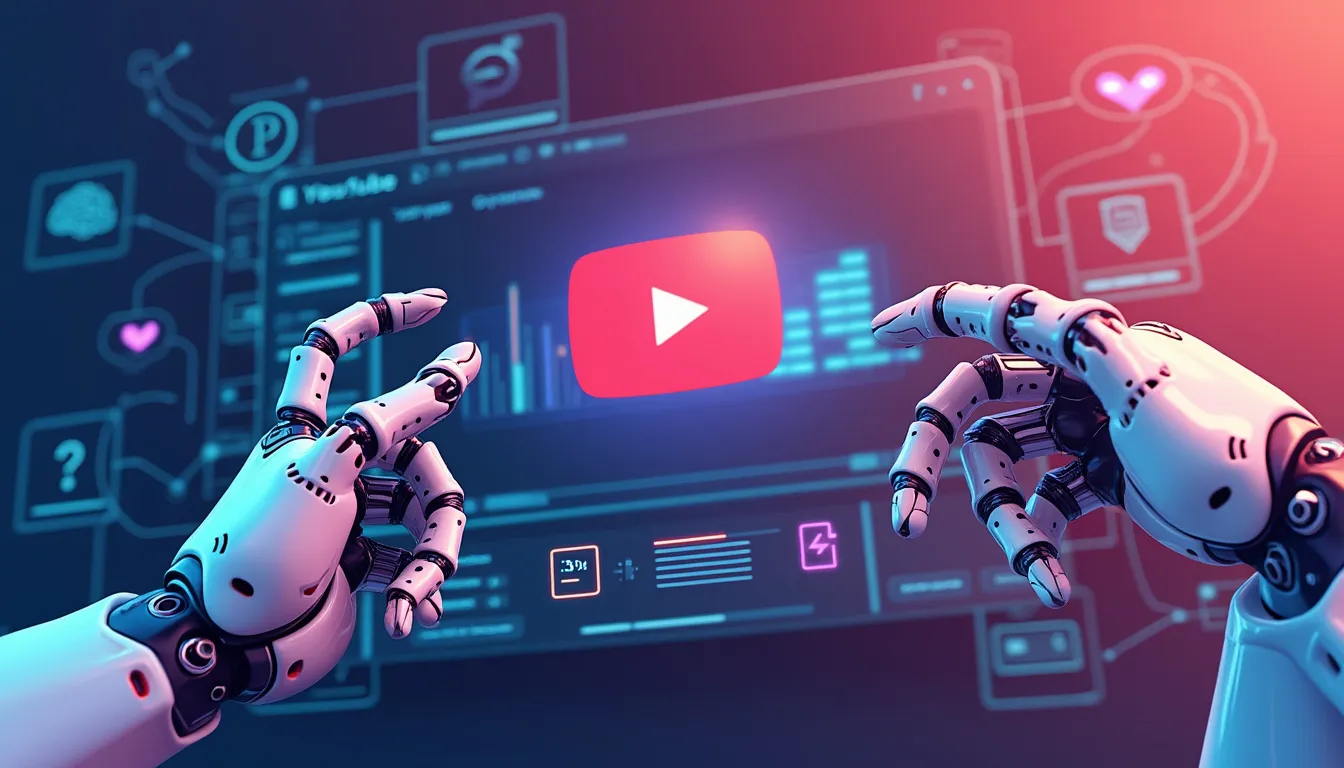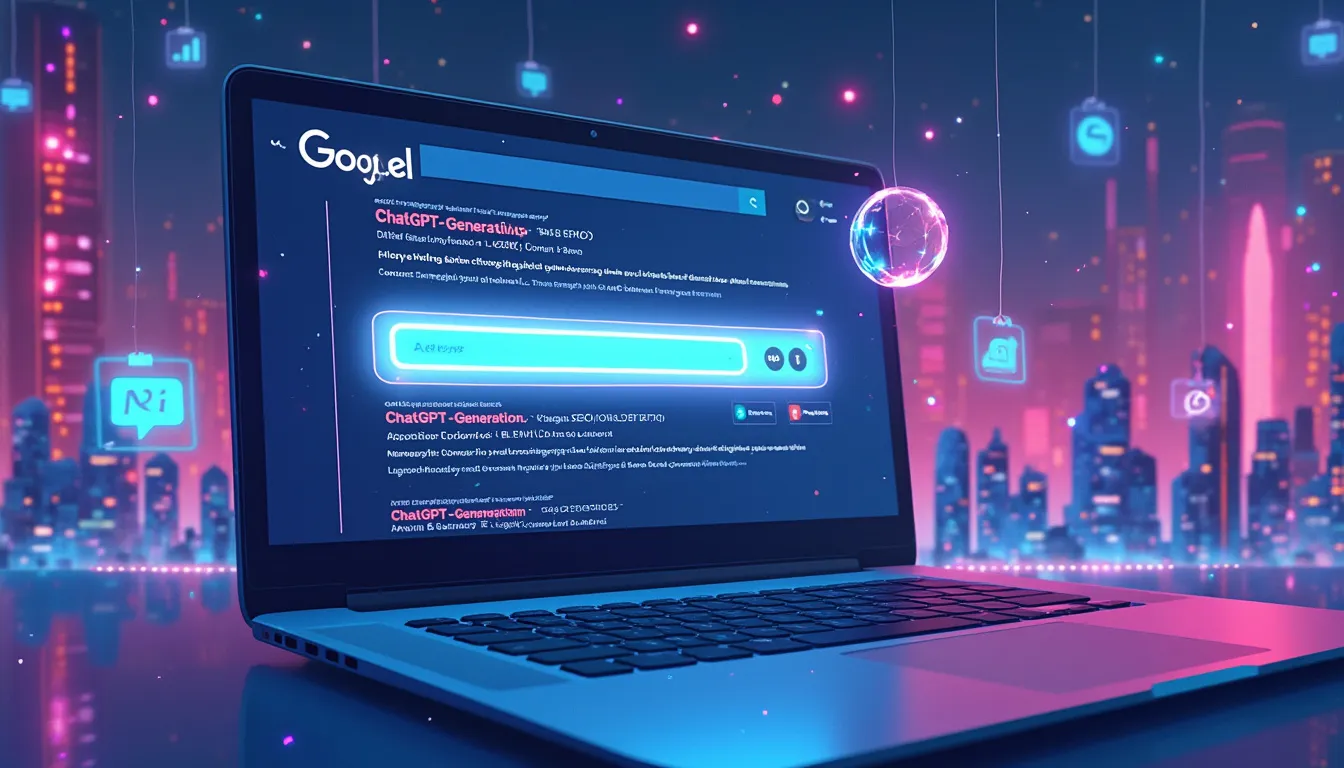Understanding the Marketing Funnel
The marketing funnel serves as a model to understand the journey potential customers go through on their way to purchase. From initial awareness to the final decision, each stage of the funnel requires different strategies to effectively move leads closer to conversion. There are several stages of a typical marketing funnel—awareness, interest, consideration, intent, evaluation, and purchase.
Optimizing the Top of the Funnel: Attracting Leads
Content Marketing
Creating valuable content is crucial at the awareness stage. Develop informative blogs, videos, ebooks, and infographics that cater to the needs and questions of your ideal audience. SEO strategies play a vital role here to ensure your content reaches the right people through search engines.
Social Media Engagement
Utilizing platforms where your target audience spends their time helps increase visibility and brand awareness. Tailor your content to each platform to engage users and drive them to your website.
Paid Campaigns
Paid ads on Google, Facebook, and other platforms can effectively generate high-quality traffic to your website quickly. Segmenting your audience and use of precise targeting helps in attracting leads that are most likely to convert.
Mid-Funnel Strategies: Nurturing Leads
Email Marketing
Email marketing continues to be a powerful tool for nurturing leads. By sending personalized, relevant content, you can stay top of mind with potential customers and guide them through the buying process.
Lead Magnets
Offering something of value, like an ebook or a free trial, in exchange for contact information is a classic and effective method to convert visitors into leads. This not only helps in building a database but also establishes trust and credibility.
Retargeting
Implement retargeting campaigns to bring back site visitors who didn’t convert on their first visit. Since these individuals have already shown an interest in your brand, retargeting them with compelling offers and content can increase conversion chances.
Bottom of the Funnel: Converting Leads
Personalization
At this stage, personalization is key. Use the data you have collected throughout the funnel to tailor experiences and messages that resonate with the individual preferences and behaviors of leads, making them feel valued and understood.
Testimonials and Case Studies
Positive reviews, testimonials, and case studies can be powerful in influencing decisions. Showcase success stories and detailed accounts of how your product or service has helped other clients or customers.
Streamlined Checkout Process
Make sure that the purchase process is as simple and frictionless as possible. Optimize every step to minimize cart abandonment and increase the conversion rate. This might include various payment options, clear navigation, and assurance badges that increase trust.
Measuring Success and Optimizing Continuously
Monitoring various metrics like click-through rates, conversion rates, and cost per acquisition is key to understanding what’s working and what isn’t. Use this data to optimize your campaigns continuously and improve the efficiency of your marketing funnel. A/B testing various elements like headlines, call-to-actions, and images ensures you’re using the most effective versions of your marketing assets.
By understanding each phase of the marketing funnel and implementing tailored strategies, marketers can optimize their efforts for effective lead generation and conversion. Remember, the key to funnel optimization is continuous testing and adaptation to respond to changing market dynamics and consumer behaviors.
Get in touch with us to start generating leads for your business



